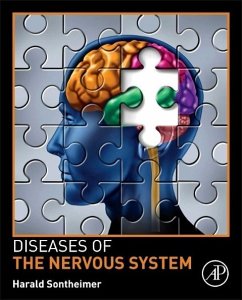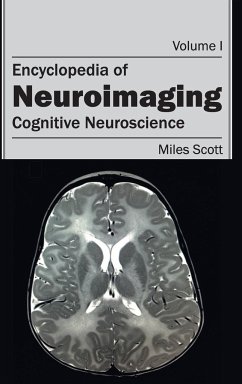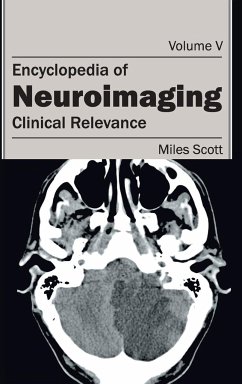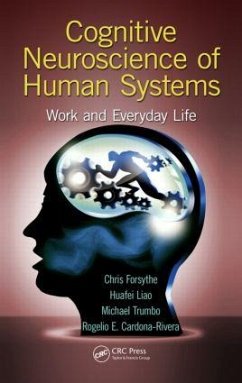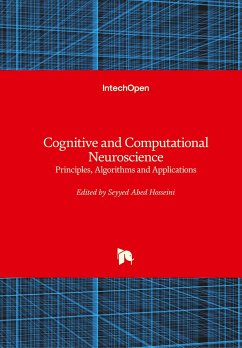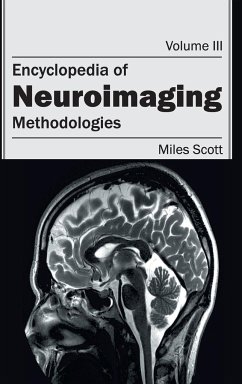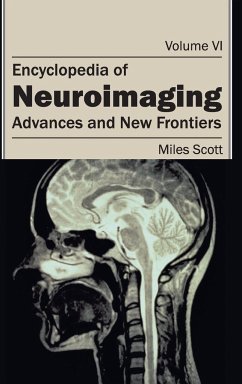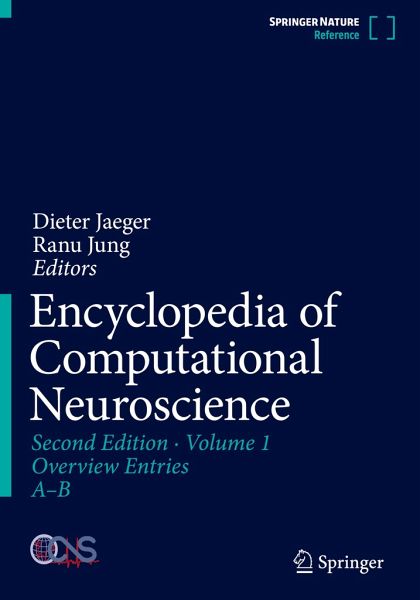
Encyclopedia of Computational Neuroscience
Versandkostenfrei!
Versandfertig in 1-2 Wochen
1.679,99 €
inkl. MwSt.

PAYBACK Punkte
840 °P sammeln!
The annual Computational Neuroscience Meeting (CNS) began in 1990 as a small workshop called Analysis and Modeling of Neural Systems. The goal of the workshop was to explore the boundary between neuroscience and computation. Riding on the success of several seminal papers, physicists had made "Neural Networks" fashionable, and soon the quantitative methods used in these abstract model networks started permeating the methods and ideas of experimental neuroscientists. Although experimental neurophysiological approaches provided many advances, it became increasingly evident that mathematical and ...
The annual Computational Neuroscience Meeting (CNS) began in 1990 as a small workshop called Analysis and Modeling of Neural Systems. The goal of the workshop was to explore the boundary between neuroscience and computation. Riding on the success of several seminal papers, physicists had made "Neural Networks" fashionable, and soon the quantitative methods used in these abstract model networks started permeating the methods and ideas of experimental neuroscientists. Although experimental neurophysiological approaches provided many advances, it became increasingly evident that mathematical and computational techniques would be required to achieve a comprehensive and quantitative understanding of neural system function. ¿Computational Neuroscience¿ emerged to complement experimental neurophysiology. The Encyclopedia of Computational Neuroscience, published in conjunction with the Organization for Computational Neuroscience, will be an extensive reference work consultable by both researchers and graduate level students. It will be a dynamic, living reference, updatable and containing linkouts and multimedia content whenever relevant.





